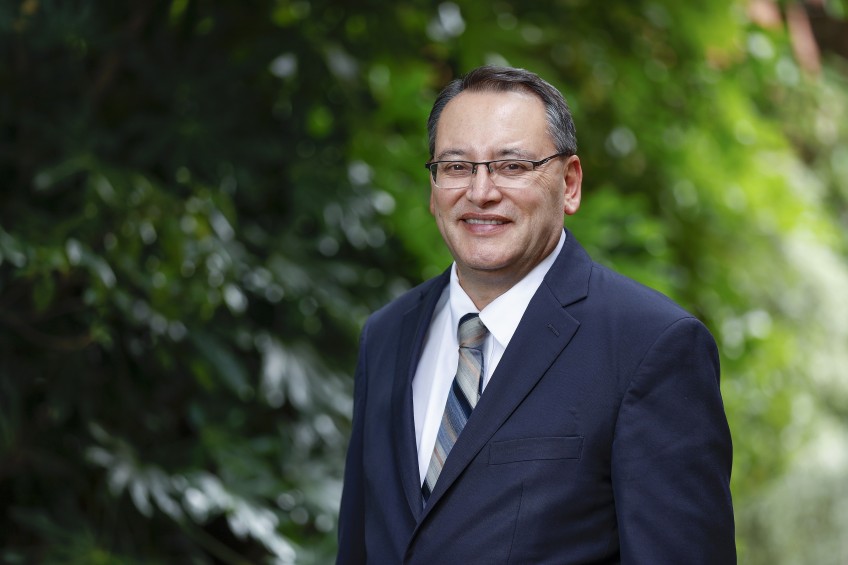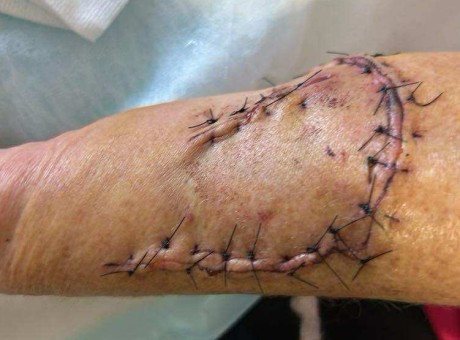New health minister dodges questions on stretched Queenstown hospital

New health minister Shane Reti has responded to Crux reporting on the dire state of Queenstown's hospital as well as concerns of local midwives regarding the slow delivery of birthing units to match inland Otago's growing need.
However the former working doctor avoided some of the big issues.
In the statement from Minister Reti, he does acknowledge long travel times are not ideal for Wānaka families.
He provides an update on the Wānaka birthing unit, originally meant to open at the start of 2023, and says it's on track to open in the second half of 2024.
“I am advised that work on the new birthing unit is progressing well with the reconfiguration of the building almost completed, and installation of services now taking place."
He says he will be keeping a close eye on progress.
"I know that the maternity teams and LMCs for the area are very much looking forward to the new unit opening, as well as the replacement unit in Clyde, and being able to provide care closer to home in fit-for-purpose environments.”
Meanwhile a midwife from the Central Otago area has spoken to Crux today (January 19) expressing disappointment that the level of care is not set to improve with the new primary birthing unit opening in Clyde.
"If they are investing in the maternity care unit, but the quality of the maternity care is not changing...there is no progress."
She would have liked to have seen a service upgrade - the opportunity for specialist or anaesthetist care, for example - whereas what is planned for the new facility is no different from what is already on offer at the existing Alexandra birthing unit, she says.
"It doesn't change the level of care available in the area."
Minister Reti has neglected to answer some other questions sent in by Crux.
One, related to concerns raised by former trauma surgeon John Harman about the 'golden hour'. Dr Harman has told Crux anyone more than an hour away from trauma care or an intensive care unit after an accident has a 20 percent higher rate of morbidity.
Minister Reti did not answer if this information was concerning in the light of Queenstown Lakes and Central Otago's heavy outdoor adventure and tourism market, and the distance from a hospital.
The minister told Crux at the end of last year that increasing frontline staff was one of the answers to improving healthcare in the regions. But, midwife Justine Baird told Crux last week that the inadequate facilities in the area were a big part of the reason for the high turnover.
To this, he provided the following response:
“I am working closely with officials and health professionals to understand the current state of the sector, the challenges faced and proposed next steps.
"The government will be looking to improve our immigration systems to make it easier to bring in healthcare workers, including by better recognising people with overseas medical qualifications and experience for accreditation in New Zealand.
"However, we understand that immigration won’t be the only fix for our workforce issues. We already have work underway aiming to train more doctors here at home through schemes such as the 100-day commitment to sign a Memorandum of Understanding with Waikato University to progress a third medical school.
"This, alongside our commitment to increase medical school places, will allow us to train more doctors here at home and provide a long-term, sustainable training pipeline.”
Main image (Supplied): Health Minister Shane Reti.
Read more:
Doctor: 'What's the point of the Lakes District Hospital'
Inadequate facilities frustrating, unsafe for Wānaka midwife


























